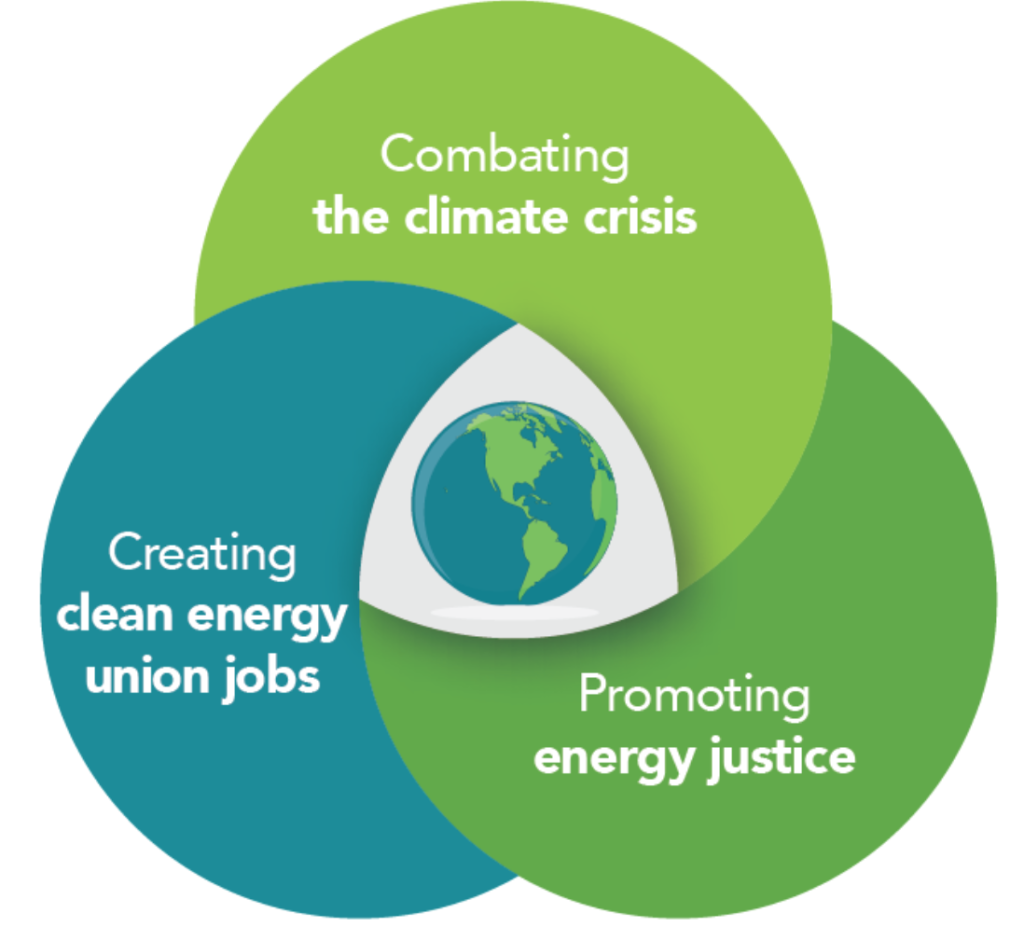The Department of Energy (DOE) announced this Friday $109,5 million in funding to support coal and power plant communities hit by the energy transition; the funding is aimed at creating jobs and support further impacts caused in these communities by the aggressive push towards clean energy by the Joe Biden administration.
Firstly, the funding intends to bring all the workers of coal a new job opportunity in the clean energy era, by directly funding strategies and projects that repair, revitalize or restore the land or the community where coal mines or power plants closed, due to the energy transition.
Secondly, the funding also intends to create business opportunities in the new technology fields, such as hydrogen production, or even carbon capture projects. “The coal and power plant workers who built our nation can play a huge role in making America’s clean energy future a reality.” Said Secretary of energy Jennifer M. Granholm.
Moreover, she remarked. “This new DOE funding will help spark next-generation industries that these workers can not only participate in, but lead, and I look forward to working together on investments and strategies that empower, revitalize, and retain and create jobs in our energy communities.”
Furthermore, as said above, the funding will also have purpose upon hydrogen, carbon capture, and environmental remediation.
Also recommended for you: Recurrent Energy begins construction of 100MW Sunflower Solar in Mississippi. Click Here.


DOE names a new Director for Interagency Working Group
In fact, the White House Interagency Working Group, has laid out a road map to partner with local communities; they will ensure that the shift to a clean energy economy creates good-paying union jobs; spurs economic revitalization, and also supports energy workers in coal; oil and gas and also power plant communities.
Moreover, the funding will be divided in $75 million to support engineering of carbon capture projects; 19,5 million in funding for critical mineral extraction; and 15 million for geothermal energy projects. Also, the Interagency Working Group has identified further $38 million in funding for the objectives mentioned above.
Finally, to spearhead all these efforts, the Interagency Working Group named Brian Anderson as its Executive Director. A renowned scientist with extensive expertise in technology development for carbon management in hard-to-decarbonize sectors.
He said, in conclusion. “We will ensure that the economies of traditional energy and power plant communities are strengthened; my first priority will be to engage people where they work and live; so that these hard hit communities have a hand in developing opportunities and solutions for their future.”

